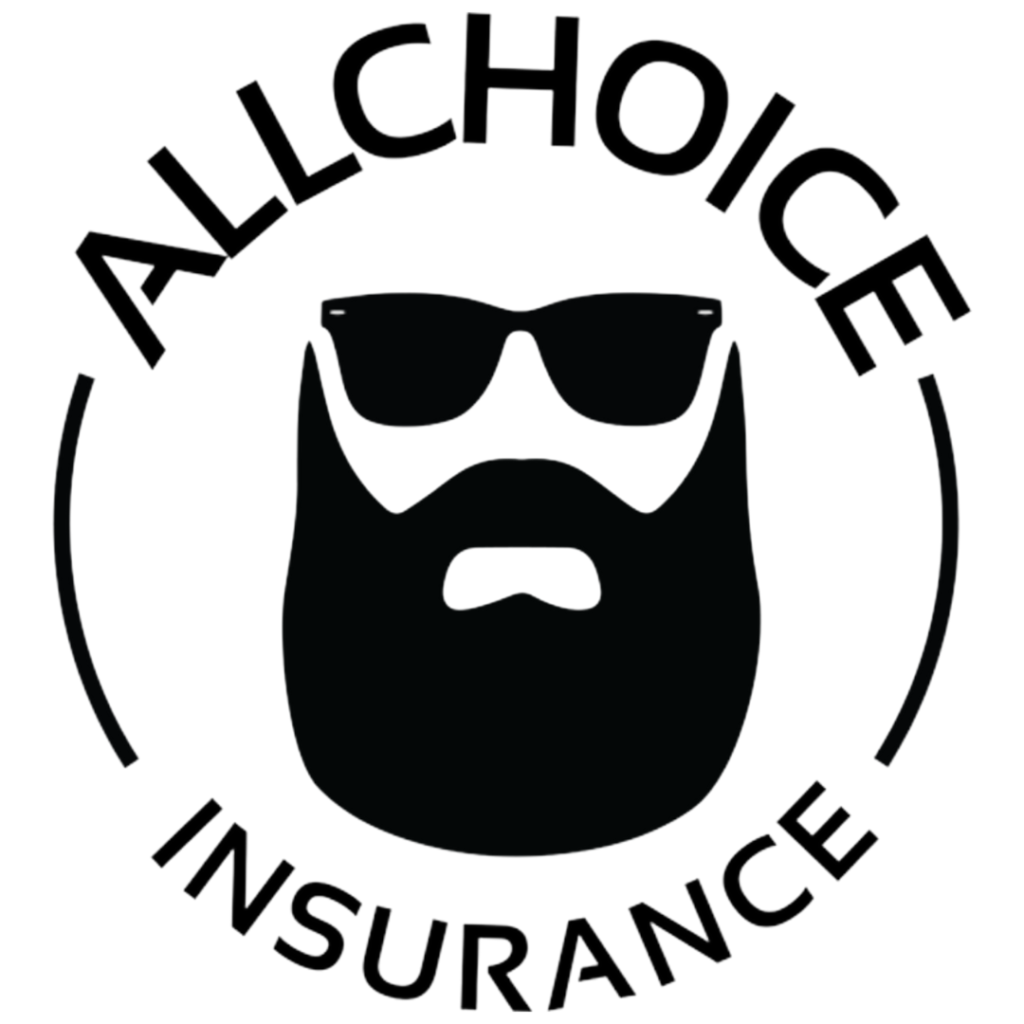Do I Need Classic Car Insurance for My Vintage Vehicle?

But how do you know if your car falls into the “classic” category? There’s a set of criteria that determines whether a vehicle can be considered a classic, and this can vary between insurance companies.
Let’s delve deeper into these criteria.
Age Matters: The Years That Count
One of the first criteria to consider is the age of the vehicle. While specific age requirements may vary, a vehicle is typically considered a classic car for insurance and registration purposes when it is at least 20 years old but no more than 40 years old. However, many insurance companies recognize a common industry threshold and deem a car classic for insurance when it is over 20 to 25 years old.
The age criterion is important as it usually denotes the vehicle’s rarity, craftsmanship, and historical significance. Nevertheless, it’s not the sole determinant. It is also crucial to understand that specific age criteria for classic cars may vary between insurance companies, with many considering cars over 25 years old as eligible for classic car insurance.
Rarity and Condition: More Than Just Old Cars
In addition to age, rarity, and condition play a significant role in determining classic car status. Vehicles under 25 years old can be deemed classics by insurers if they possess modifications that significantly add value or uniqueness. What this means is that your souped-up 1995 Mustang could qualify for classic car insurance if it’s unique and adds substantial value.
To be classified as classic, cars must meet the following criteria:
They must be in good condition, which often includes unique or limited edition models, such as antique cars.
They must adhere to the original manufacturer’s specifications.
They must meet rarity and condition criteria.
Classic status eligibility may extend to a wide array of vehicles, including certain vintage, collectible, and vintage military vehicle models.
Usage and Enjoyment: How You Drive Makes a Difference
How you use your car also influences whether it can be considered a classic. Classic car insurance is tailored for vehicles that are not utilized for daily transportation, catering specifically to usage for car enthusiast activities such as meets and leisure trips. This is why insurance policies for classic cars typically require the owner to have another primary vehicle for daily transportation, underlining the special use case of the insured classic vehicle.
If you’re primarily using your vehicle for participation in car shows, exhibitions, and other special events, rather than for routine commuting, possessing classic car insurance becomes especially important. When choosing a classic car insurance provider, it’s crucial to consider the compatibility between the insurer’s offerings and the specific type and usage of the classic vehicle to ensure appropriate coverage.







